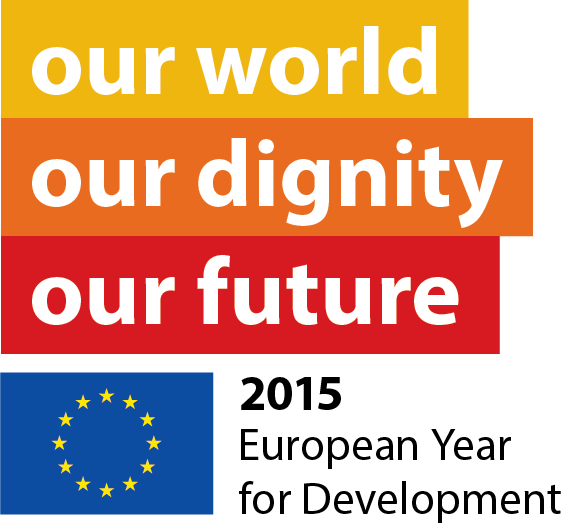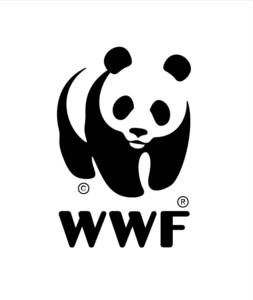One planet, a shared responsibility
2015 – the European Year for Development
Whether in Europe, Asia, Africa or anywhere else in the world: all people have the same basic needs, such as sufficient nutrition, accommodation, access to education and health services, drinking water and social security. Though in reality there are still serious differences as about 1.2 billion people – 22% of the world’s population – still live in extreme poverty.[1] Poverty doesn’t simply mean no access to essential goods. The poor have a limited stake in society with no opportunity to lead their lives independently. Poverty is primarily a problem in developing countries but due to the recent financial crisis, more and more Europeans are also under financial pressure.
In the context of an increasingly global economy, there are meaningful economic relations between Europe and developing countries. For this reason the EU has declared 2015 the European Year for Development. For the first time, a European themed year is dedicated to foreign relations and Europe’s role in the world. Also, the importance of this topic to the European people was shown in a Eurobarometer survey in 2013. Here, 85% of respondents considered development assistance important and 2/3 would make tackling poverty in developing countries a higher priority at the EU level. [2]
The slogan for the European Year for Development is, “Our world, our dignity, our future.” The goal is to inform European citizens more about development co-operation, to directly involve them and improve understanding of the benefits of development co-operation amongst not only beneficiaries but also EU citizens.
2015 is also a special year as the UN’s Millennium Development Goals (MDGs) will be taken stock of and the United Nations will adopt new goals. The MDGs included concrete poverty alleviation measures. The international community agreed to be bound to implement these in 2000.
It is not just politicians who can do something about it. We are all consumers and our consumption has social, ecological and economical effects on countries of production. Through the way we consume and our buying decisions, we can influence how certain products are produced and the consequences for people and the environment – and how resource intensive our way of life is.
Fish and seafood consumption in Europe also has an effect on developing countries. Paying attention to sustainable production conditions and origin is a start and actively contributes to improving ecological and social conditions in developing countries.
show references for this article
[1] United Nations Development Programme (UNDP): Human Development Report 2014. Page 19; http://hdr.undp.org/en/2014-report/download
[2] European Commission. Special Eurobarometer 421. The European Year for Development. Citizens’ Views on Development, Cooperation and Aid. 2015. Page 18; http://ec.europa.eu/public_opinion/archives/ebs/ebs_421_en.pdfhttps://europa.eu/eyd2015/de/content/about-2015
- 22% of the world’s population lives in extreme poverty
- 85% of EU citizens consider development assistance important
















